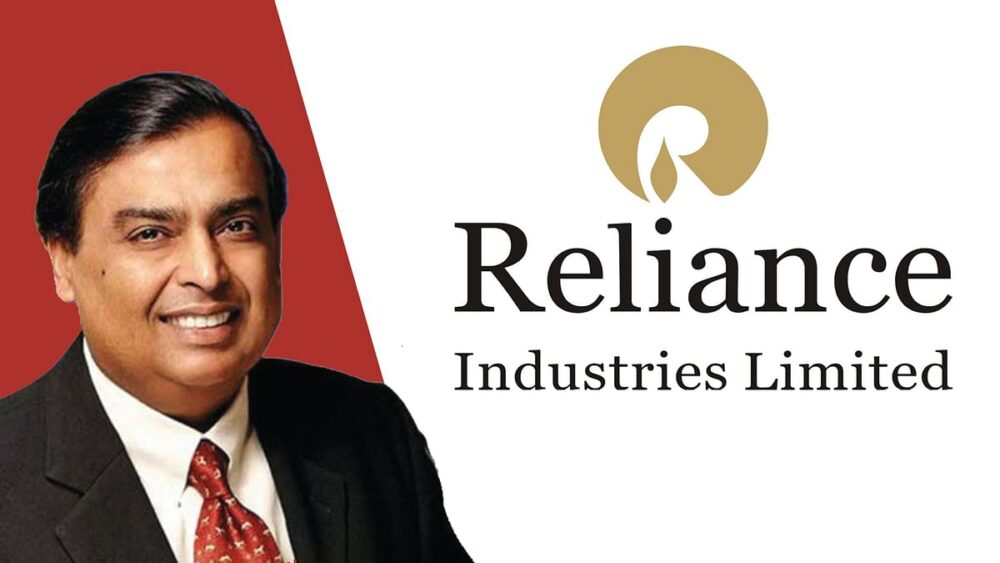Discover how India is shaking up the global tech scene with a jaw-dropping $15.2 billion investment in semiconductor plants. Get the inside scoop on India’s bold move to challenge industry giants like China and Taiwan, and learn how this game-changing strategy could reshape the future of technology worldwide!
India’s Push in Semiconductor Industry
India has embarked on an ambitious journey to bolster its semiconductor industry, earmarking a whopping $15.2 billion (1.26 trillion Indian rupees) for the construction of three new semiconductor plants. This move signals India’s determination to compete with major players like China and Taiwan in the global chip race.
Despite the current buzz surrounding AI chips, none of the three planned plants will specialize in this area. Instead, they aim to target a broader range of applications, catering to various market segments.
Must Read
 Exclusive: Reliance Share Price Jumps 1% as Disney Merger Shakes Up Market!
Exclusive: Reliance Share Price Jumps 1% as Disney Merger Shakes Up Market!
 Sony’s Shocking Move: Merger with Zee Entertainment Axed – What Happens Next?
Sony’s Shocking Move: Merger with Zee Entertainment Axed – What Happens Next?
Tata Group and Power Chip’s Semiconductor Fab
The Indian cabinet approved the establishment of the country’s first fab facility, a collaboration between Tata Group and Taiwan’s Power Chip. Located in the Dholera region of Gujarat, this facility is projected to produce 50,000 wafers per month, manufacturing 3 billion chips annually. Its target markets include high-power computers, electric vehicles, telecom, and power electronics. Construction is set to commence within 100 days, with a compressed timeline for completion.
In addition to the semiconductor fab, the government approved a $3.2 billion investment for a semiconductor assembly, testing, marking, and packaging unit in Assam. Operated by Tata Semiconductor Assembly and Test, this facility will produce 48 million chips per day, catering to segments such as automotive, electric vehicles, consumer electronics, and telecom.
Specialized Chip Production with International Collaboration
The government sanctioned a $916 million investment from Renesas Electronics (Japan) and Stars Microelectronics (Thailand) to collaborate with CG Power in Gujarat. This venture aims to produce specialized chips for niche sectors like defense, space, electric vehicles, and high-speed trains, with a daily production capacity of 15 million chips.

India has previously attempted to bolster its semiconductor sector, but initiatives faced challenges attracting international interest. In 2021, a $10 billion incentive program was launched to incentivize chipmakers and display manufacturers, but uptake was limited due to various factors, including a complex application process and skepticism regarding India’s ecosystem.
Future Prospects and Incentives
Despite past hurdles, India remains committed to attracting foreign manufacturers, offering lucrative incentives totaling $7 billion for the newly announced plants, along with incentives for Micron’s $2.75 billion facility announced during Prime Minister Narendra Modi’s U.S. visit. The government plans to design its semiconductor program for 20 years, leveraging its pool of 300,000 design engineers to drive innovation and attract further investment.
India’s foray into the Chip Manufacturing industry marks a significant step towards technological self-reliance and global competitiveness. While challenges remain, the government’s substantial investments and long-term vision signal its commitment to fostering a robust semiconductor ecosystem in the country. With continued efforts and international collaboration, India aims to emerge as a key player in the global semiconductor market in the years to come.
Bhaarat Bulletin’s Shikha Rai, Bimal Dev, and PTI have contributed to the above report
Also Read

